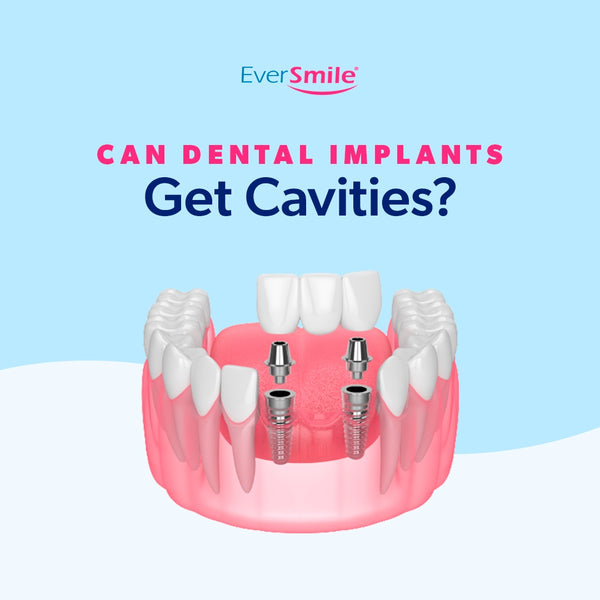
Can Dental Implants Get Cavities?
If you have dental implants, it's normal to have a few questions. In fact, many people with dental implants contact their dentists with the same frequently asked questions, like if dental implants can get cavities.
Dental implants do not get cavities. But, there are other risk factors to keep in mind when caring for your dental implants. Here, we'll cover cavity risk in-depth, as well as other commonly asked questions like your risk for peri-implantitis and what products to add to your oral health routine.
FAQs About Dental Implants
Some frequently asked questions (FAQs) about dental implants are:
1. Can Dental Implants Get Cavities?
Cavities are a form of tooth decay that attacks the hard surface of your teeth. They're most common in those who frequently snack and don't clean their teeth well. Although your natural teeth are at risk of forming cavities, your dental implants are not.
Dental implants are made of artificial materials that aren't as susceptible to the same kinds of decay and damage as natural teeth. But, dental implants are susceptible to other infections, like peri-implantitis.
2. Can Dental Implants Get Infected?
Peri-implantitis is an infection in the gum tissues that forms around a dental implant. It's caused by a buildup of bacteria that irritates the gum tissue. Symptoms of peri-implantitis are:
- Redness or swelling around the implant.
- A bad taste in your mouth.
- Visible exudate, or pus.
- Pain when chewing.
- Bleeding when brushing.
- Aching gums.
Patients at higher risk of developing peri-implantitis are those who:
- Practice poor oral hygiene.
- Smoke tobacco.
- Have a history of peri-implantitis.
- Are diagnosed with diabetes.
- Are allergic to the implant.
When left untreated, peri-implantitis can cause dental implants to fail. Luckily, peri-implantitis is treatable. Treatment options vary depending on the severity of the infection. Options include antibiotics, antiseptics and ultrasonic or laser treatments. The earlier your dentist treats peri-implantitis, the greater the chance of full recovery.
3. Do Dental Implants Get Stained?
Natural teeth can stain or discolor. Things that stain natural teeth include coffee, teas, tobacco, medication, red wine and other highly pigmented foods. Although natural teeth can stain, artificial teeth have a stain-resistant glazed finish. The finish is effective at resisting stains but can be damaged.
Protect your artificial teeth from staining by avoiding toothpaste with high amounts of baking soda or silica, which can gradually wear away the glazed finish.
4. Does Food Get Stuck Under Dental Implants?
In some instances, food can get stuck under dental implants. This can happen when:
- The dental implant is too small: Food can get trapped in the space between the missing tooth and a dental implant that's too small.
- Mispositioned dental implant: Sometimes, dental implants may displace, allowing for food to become trapped in open spaces between the dental implant and natural tooth.
- Dentists use one-size-fits-all dental implants: Dentists should customize dental implants for each patient. Not every patient will have the same size or type of implant. One-size-fits-all solutions may be an ill-fit for some patients.
If you have food stuck under your dental implant, consider using tools like an oral irrigator — a water-based alternative to flossing — or an interdental toothbrush. Both get into the spaces under your dental implants to clear stubborn particles.
5. How Long Do Dental Implants Last?
The history of dental implants expands over three decades. Statistics indicate most implants last 15 to 20 years. As technology advances, experts predict almost 90% of implants will last a lifetime with the right care.
Smokers are at the highest risk of pre-term dental implant failure, with a failure rate of up to 20%.
Smokers have a high concentration of arginase in their saliva. Arginase is linked to lower nitric oxide production, which makes saliva more acidic. Bacteria thrive in acidic environments, making smokers more susceptible to bacteria-caused infections like peri-implantitis. Tobacco can also damage saliva glans, causing a dryer mouth where bacteria can thrive.
![How to Take Care of Your Dental Implants [list]](https://cdn.shopify.com/s/files/1/0662/0303/files/02-How-to-take-care-of-your-dental-implants.jpg?v=1624462382)
How to Take Care of Your Dental Implants
You can do several things to lengthen the life span of your dental implants, prevent infection and maintain their integrity. Take care of your dental implants by:
- Practicing good oral hygiene: Keep your mouth clean by regularly brushing your natural teeth, implants, artificial teeth and gum tissue. Proper oral hygiene also includes regularly flossing and using mouthwash. Interdental toothbrushes and oral irrigators can help you maintain proper oral hygiene.
- Attend regular checkups: Talk with your dentist about how often you should visit for routine checkups. For most people, dentists recommend attending checkups once or twice a year. Patients who have higher risk factors, like those prone to infection, may want to see their dentist more frequently.
- Avoid harmful oral habits: Certain habits can harm your teeth, such as chewing on ice, biting your nails, grinding your teeth and smoking tobacco products.
Some companies, like EverSmile, make specially formulated products that help you take better care of your dental implants.
Who Is EverSmile?
EverSmile offers modern-day solutions to many oral health concerns, including taking care of your dental implants.
Almost a decade ago, Dr. Michael Florman sought to answer the question his patients asked most frequently — "How do I keep my aligners clean and fresh?" EverSmile started with an aligner cleaner and quickly branched into other forms of oral health products, including those for dentures and dental implants.
OmniFoam — A Reliable Dental Implant Cleaning Solution
Your oral health is important. Dental implants can be an excellent solution for many oral health problems, like missing teeth. And, like natural teeth, they require consistent care. Without the proper care, you risk developing oral infections, including peri-implantitis.
Take better care of your dental implants by adding OmniFoam to your oral health routine. OmniFoam removes bacteria buildup around the gum line, kills 99.999% of bacteria and fights against peri-implantitis.
You can use OmniFoam several different ways. Try:
- Applying OmniFoam to a toothbrush and dabbing the foam around the dental implant.
- Rinsing with OmniFoam for 60 seconds.
- Pumping OmniFoam into dental trays and applying for 3 minutes.
OmniFoam cleaner makes caring for your dental implants easier.

Fight Against Infection With EverSmile's OmniFoam Today
Place your order for infection-fighting OmniFoam today by visiting EverSmile's product page. EverSmile offers OmniFoam in single or two-packs. A single pack will last you 30 to 60 days, depending on your usage. Consider subscribing for automatic delivery, which can save you money!
If you have any questions about EverSmile or OmniFoam, please contact us online today. We strive to deliver 100% customer satisfaction, and we look forward to helping you.
Related Articles
-
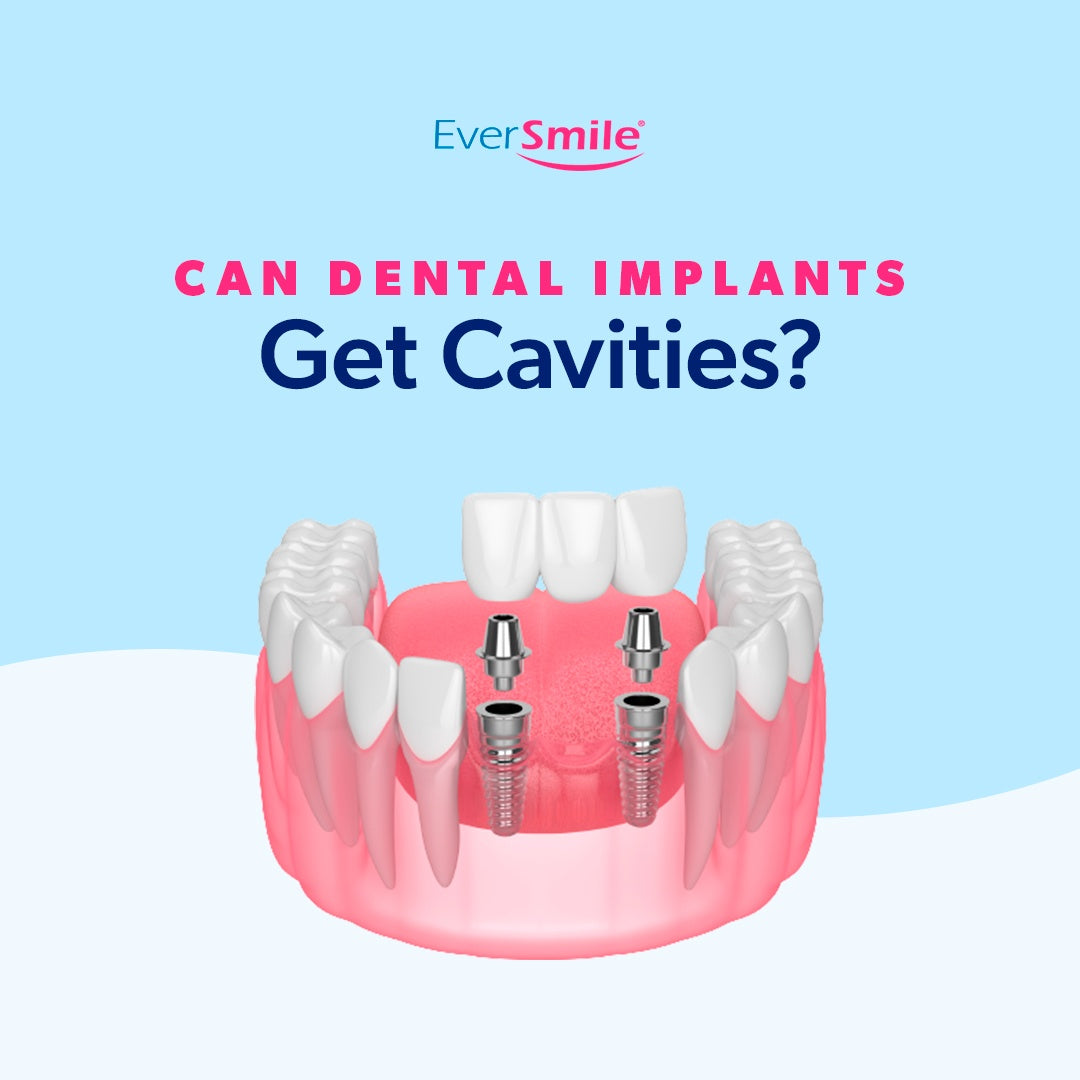
Can Dental Implants Get Cavities?
If you have dental implants, it's normal to have a few questions. In fact, many people with dental implants contact their dentists with the same frequently asked questions, like if dental implants can get cavities. Dental implants do not get cavities. But, there are other...
Read More -
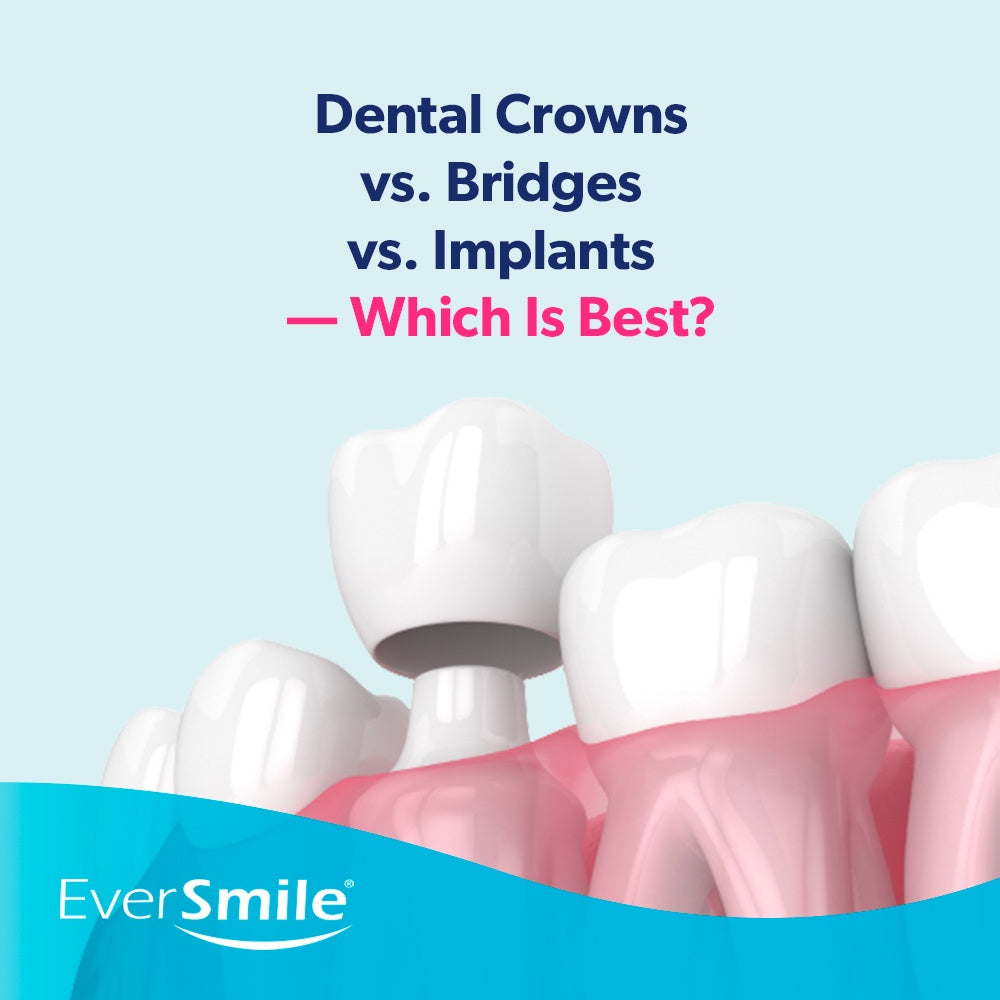
Dental Crowns vs. Bridges vs. Implants — Which Is Best?
If you've ever thought about replacing a missing tooth or trading in your uncomfortable dentures, then you've probably considered your options — dental crowns, bridges or implants. So what's the difference between the three? Dental implants, crowns and bridges are relatively similar as they replace...
Read More -

Tips for Recovering From Dental Implant Surgery
Dental implants can have a huge positive impact on your smile and the quality of your life. That said, the procedure is an oral surgery that requires specific post-surgical care for proper healing. Your doctor will help guide you through the recovery process with instructions...
Read More -

14 Tips for a Healthier Smile
A smile is often one of the first things people notice about us, and many people take great pride in having an attractive smile. However, the importance of having a healthy smile goes beyond mere appearances. The health of our teeth and gums is directly tied...
Read More -
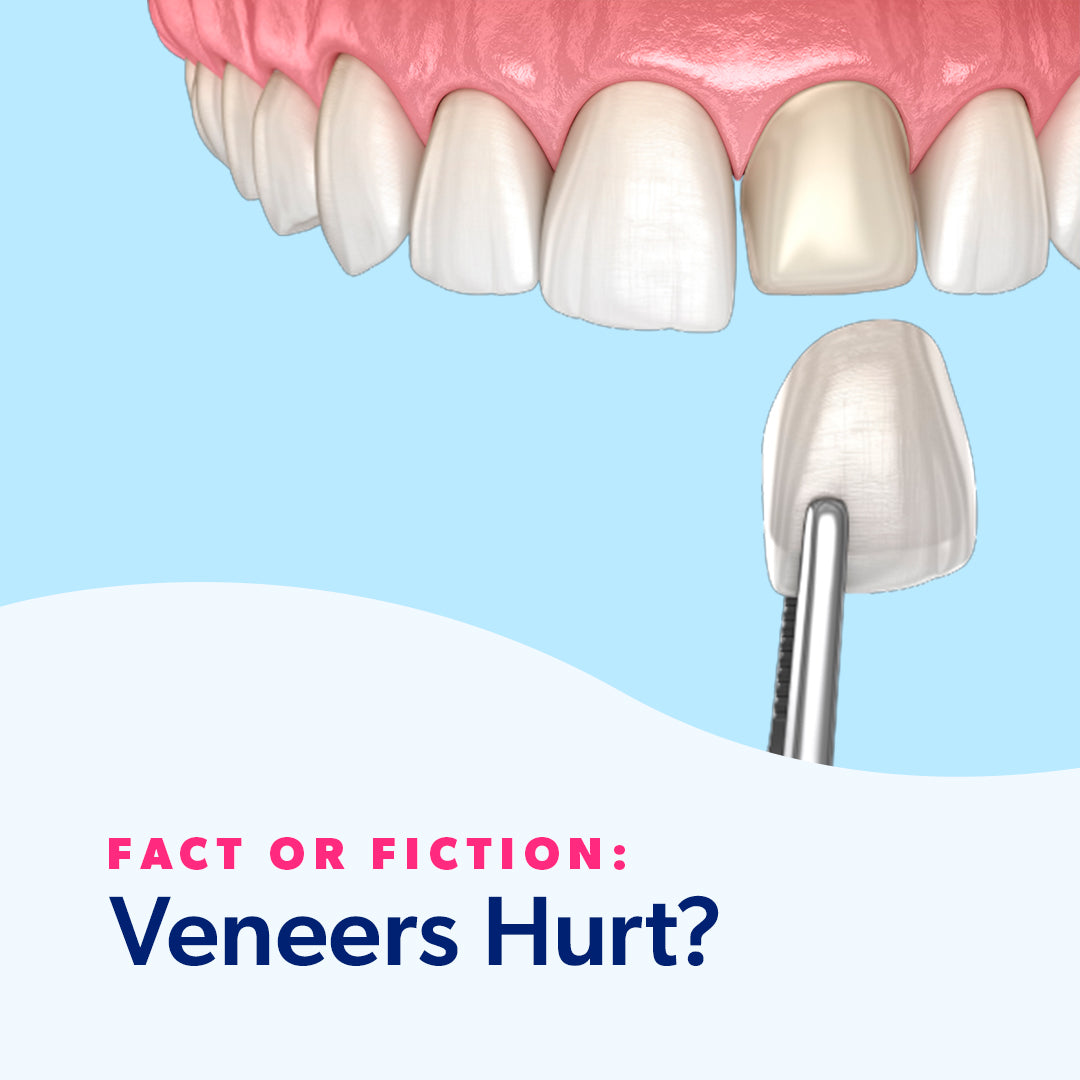
Fact or Fiction: Veneers Hurt?
People choose to get dental veneers to make their front teeth look straighter and whiter for a more confident smile. Getting veneers involves a low-impact dental procedure, and many people have questions about the process. Do veneers hurt afterward? Are there any problems with veneers...
Read More
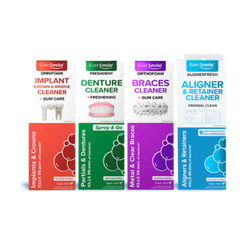
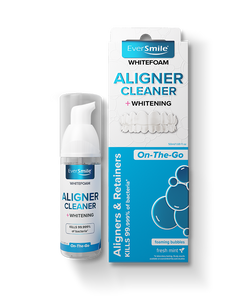
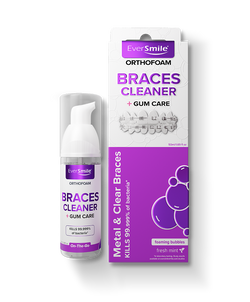
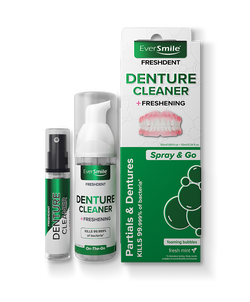
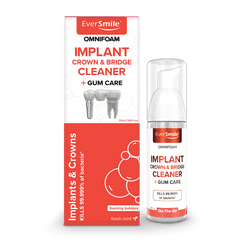
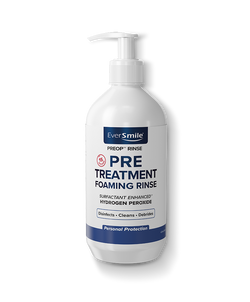






Post a Comment!